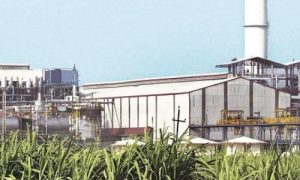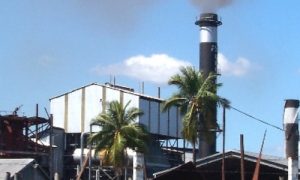Komenda Sugar Revival Offers Blueprint for Ghana’s Ailing Factories

Ghana is reviving its stalled Komenda Sugar Factory with an Interim Management Committee prioritizing full technical, financial, and operational reviews before production restarts. Success hinges on reliable sugarcane supply, building local technical skills, and enforcing transparent execution. This approach could reduce sugar imports and serve as a model for wider industrial renewal.
Ghana’s push to revive the long-dormant Komenda Sugar Factory signals a potential turning point in industrial strategy.
Rather than rushing production, the newly inaugurated Interim Management Committee will first conduct comprehensive technical, financial, and operational reviews.
This evidence-based approach contrasts sharply with past failures, prioritizing accountability before restarting machinery.
The factory’s history mirrors Ghana’s broader manufacturing struggles. Despite plans to produce 125 tons of sugar daily and diversify into ethanol and power, Komenda stalled due to raw material shortages, weak supply chains, and inconsistent policy support. Meanwhile, Ghana spends heavily importing sugar – a paradox of idle domestic capacity alongside growing import bills.
Three critical lessons emerge for sustainable revival:
First, reliable raw material supply is non-negotiable. Komenda’s success hinges on revitalizing sugarcane farming in the Central Region through irrigation investments, financing for farmers, and guaranteed offtake agreements. Without this foundation, production targets remain theoretical.
Second, local technical capacity must be prioritized. Over-reliance on imported expertise left machinery neglected when foreign technicians departed. The IMC must train Ghanaian engineers and operators to maintain equipment long-term, partnering with technical institutions for skills development.
Third, transparent execution discipline is vital. Past failures stemmed from politically motivated timelines and opaque progress reports. The IMC requires autonomy, clear milestones, and public accountability – with consequences for missed targets.
Beyond Sugar:
Komenda’s revival framework offers a template for Ghana’s entire manufacturing sector. Reliable inputs, skilled workers, and disciplined management could transform struggling agro-processors like Cocoa Processing Company (CPC) which reported a $10.23 million quarterly loss and reverse revenue leakages plaguing utilities like Ghana Water Company.
Success would cut sugar import costs, create jobs, and stimulate ancillary industries. More crucially, it could prove Ghana can build competitive value chains in textiles, pharmaceuticals, and machinery – sectors long hampered by the same weaknesses that idled Komenda. Failure, however, risks reinforcing cycles of abandoned factories and wasted public funds.
To Read more about Sugar Industry continue reading Agriinsite.com
Source : News Ghana
















